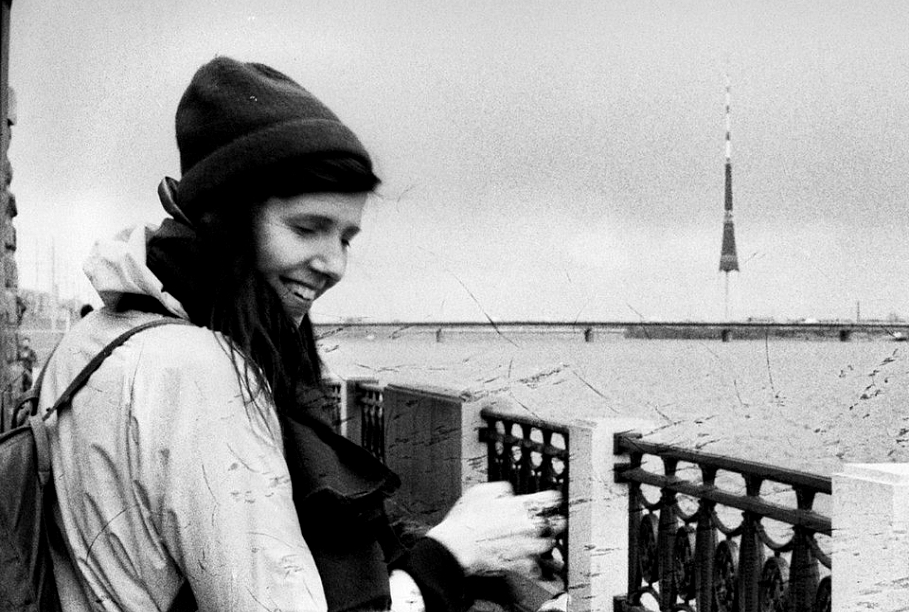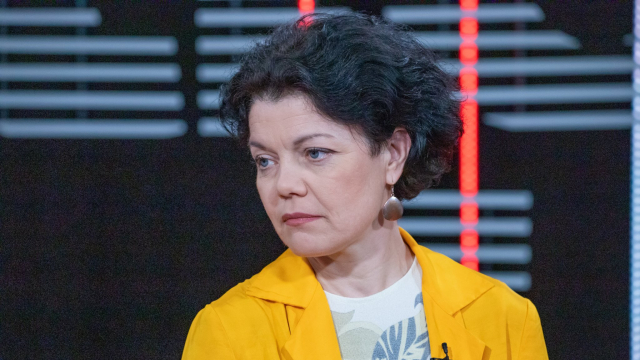Liene Jurgelāne, is an active participant in a support group for refugees. She is sure that culture is much more than merely concerts, movies and plays.
According to her, voluntary activities are an indicator of the society's well-being. If people participate, something is going right. She is an important figure in the I Want to Help Refugees group. She said that the group was sparked in reaction to the negative stance taken by many in the society.
"I don't want to live in a society, at least as it's popularized in the media, like Latvia - intolerant, racist, and I think that this is the way I personally can see a model or prototype for a different society where people can convene, do things together irrespective of whether they talk the same language or look alike," Jurgelāne said.
She says she realizes her own responsibility too - that she cannot take an uncaring attitude, that asylum seekers have nothing to do with us. We have to look deeper, what are the reasons behind a crisis and what have been the policies of the West.
In spring, people in Kaņepes Culture Center started discussing what they could offer in the situation. They have premises in Rīga, on Skolas street, have experience in organizing events, and in the end they combined the two. The Center has organized two events where locals, mostly from the volunteer group, met with people residing in the Mucenieki Asylum Seeker center.
"We are all simply people who want to meet other people. And, especially for people who currently live in Mucenieki, it's a chance to get out from there, to see something from the local environment, to meet people here and not to spend their days in a marginalized position," she said.
The events were informal gatherings where they made food, played games and, as Liene said, simply spent a Sunday pleasurably. About 70 people came, and English and Russian was spoken, with interpreters on the spot helping to make sense of it all.
"Well if it can't be done with verbal language, there's always the gesture and sign language. In order to look at one another and to make food together, you don't need to talk with words," said Liene.
In the second event they made gingerbread, which was a new experience for many as non-Christians don't celebrate Christmas.
The events weren't announced or advertised, and Liene said that safety measures were also among the reasons why the events were kept somewhat secret.
"Perhaps it'll sound naive, but my inner conviction is that people are, by their very nature, good people," said Liene, saying that putting people into groups like 'refugees' or 'asylum seekers' is, in a way, shedding the humanity off them. First and foremost they're simply people who are in a situation different from that of most Latvians who have their own troubles and problems.
"It's important to create events and circumstances where people can meet one another. To understand and remember that we are talking about people, not abstract refugees of whom there are that and that many and who are like this and that," she said.
"We are still a culture center, but we consider culture to be more than just concerts, movies, plays and theater. Culture is human relationships, the way society shapes itself. We always take a specific position in different social matters, we try solving them through a cultural prism," she said.




























